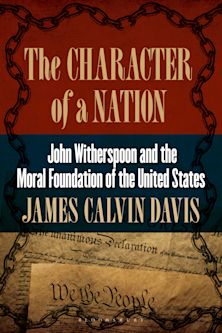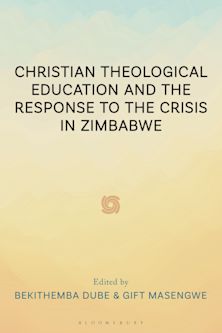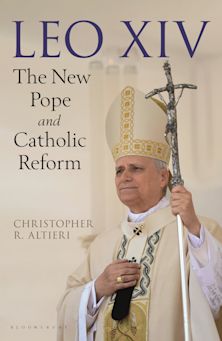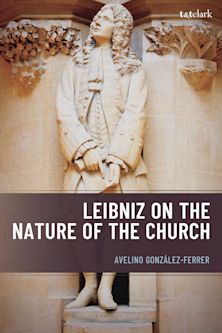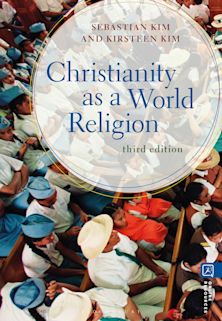- Home
- ACADEMIC
- Theology
- Church History
- The History of the Church
The History of the Church
This product is usually dispatched within 2-4 weeks
- Delivery and returns info
-
Flat rate of $10.00 for shipping anywhere in Australia
You must sign in to add this item to your wishlist. Please sign in or create an account
Description
Is church history a totally and exclusively historical discipline or is it a theological one as well? This book contends that it is both, that the viewpoints of history and theology are not contradictory but are at once distinct and conjoined: distinct as to approach and method but conjoined in comprehension. In line with the general approach of the AMATECA Handbooks of Catholic Theology, this book offers an overview of the history of the church from a theological perspective.The first and last chapters present a theological view of church history drawn from the work of such thinkers as Jean Danielou, Gaston Fessard, Charles Journet, and Hans Urs von Balthasar. The second chapter is epistemological and methodological. Chapters 3 to 13 lucidly present the unfolding history of the church as a series of challenges--of the Barbarians, of Feudalism, of Lay Thought, of Ideologies and Cultures. Chapters 14 and 15, in a different key, sketch the variety of Eastern Churches and the forms of Protestantism."This will be a history of the high points. These events, from challenge to challenge, from shocks and tremors to recovery, through conversion and successive integration, give a kind of rhythm to this tale where the believer will always be able to distinguish between the wheat and the chaff and so discover the finger of God writing on the sands of time."--Guy Bedouelle
Product details
| Published | 01 Mar 2003 |
|---|---|
| Format | Hardback |
| Edition | 1st |
| Extent | 240 |
| ISBN | 9780826414809 |
| Imprint | Continuum |
| Dimensions | Not specified |
| Series | Handbooks of Catholic Theology |
| Publisher | Bloomsbury Publishing |
About the contributors
Reviews
-
"As a first survey for thee theological student, the book succeeds in exciting interest and promoting further study." -Anglican Theological Review, 87.1, 2/05
-
"C.S. Lewis once labeled the 'theologizing' of history as 'Historicism,' and said that it was a vain attempt to guess at the plan of God as opposed to writing real history ("Historicism," The Month [October 1950]. To see theological patterns and directions is not the job of the historian, maintained Lewis, because 'we ride our back to the engine.'... Fr. Guy Bedouelle, a French Dominican scholar of note, begs to differ. In his History of the Church he makes the case for the retention of some sense of the theological and even the eschatological in the writing of Church history. He claims that we may not be aware of the exact end of God's providence, but we, as believers, must be aware that there is a providential direction and should not keep that out of our histories of the Church. Bedouelle does not merely theorize about this or suggest how it might be done, he writes several historical chapters himself as examples about how it can be accomplished...The chapters on the Renaissance and Reformation are particularly insightful and helpful. Here Bedouelle shines-his wide reading and knowledge of art and music are brought to bear in a manner that thrills the teacher of Western Civilization, the person who will most benefit by reading this book, Bedouelle knows that we cannot understand the society of the time without understanding every aspect of that society. Yet, he cannot be critical. While he is sympathetic to a scandalized and angry Luther, he perceptively calls him 'a muddled headed genius.' He also places the Christian humanism of Erasmus between its ease with paganism and its unease with the 'indignant vigor' of Protestantism, a dilemma not entirely overcome by the humanists. The section on the debate between Bosuett and Liebniz, over the real issues of what would become Revolution, is also lively and instructive. There is also a very fine summary of Christian intellectual currents that emerged after the Second World War. Where Bedouelle is most successful-and where he is helpful to any teacher of the humanities-is in his synthesis of political acts, religious engagement, and artistic manifestation. One is reminded of the great Christopher Dawson, who could see in such works as 'Piers Plowman' their relevance to history. Bedouelle knows theology, and this makes him a better historian."
The Thomist












